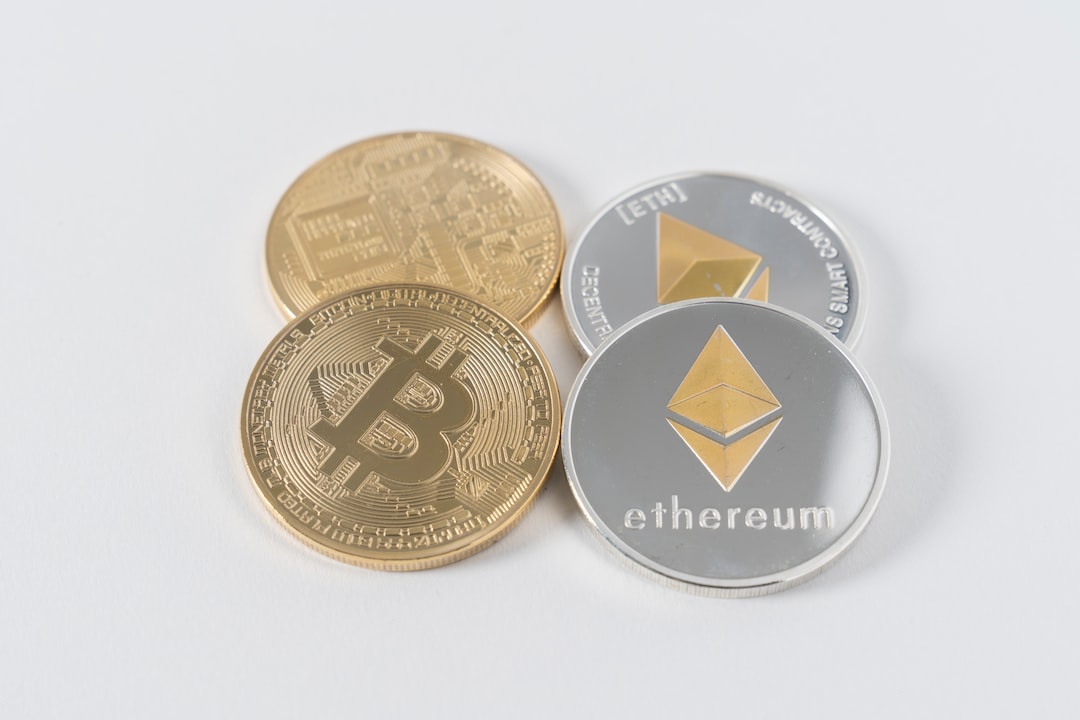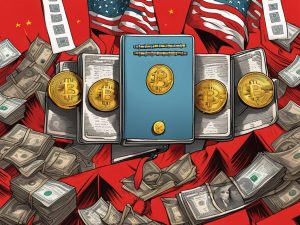BitMEX Co-founder Arthur Hayes Predicts Bitcoin Correction Due to Dollar Liquidity Reduction
Arthur Hayes, co-founder of BitMEX, has warned that Bitcoin may experience a significant price correction in the coming weeks. In a recent blog post, Hayes explains that the end of the Bank Term Funding Program (BTFP) by the Federal Reserve in March will result in a reduction in US dollar liquidity. He believes this could lead to a “vicious washout of all the crypto tourists.”
US-Listed Spot Bitcoin ETFs Could Exacerbate the Sell-off
Hayes also suggests that the approval and trading of spot Bitcoin exchange-traded funds (ETFs) in the US could further worsen the situation. He predicts that Bitcoin could undergo a 20% to 30% correction from its early March level. If the US-listed spot Bitcoin ETFs have already started trading and drive Bitcoin close to its 2021 all-time high, he anticipates a 30% to 40% correction.
Potential Banking Crisis and Monetary Policy Easing
In addition, Hayes points out that if the BTFP’s expiration triggers another banking crisis, it may force the Federal Reserve to ease monetary policy. This action could help Bitcoin recover from its losses. According to Hayes, Bitcoin initially will decline along with traditional financial markets but will rebound before the Fed’s meeting due to its status as a neutral reserve hard currency.
Hot Take: Hayes Warns of Potential Bitcoin Collapse
BitMEX co-founder Arthur Hayes predicts that Bitcoin may face a significant price correction in the near future. He attributes this potential collapse to a reduction in US dollar liquidity caused by the Federal Reserve ending the Bank Term Funding Program (BTFP) in March. Hayes warns that the approval and trading of US-listed spot Bitcoin ETFs could exacerbate the sell-off, resulting in a 30% to 40% correction. However, he suggests that if a banking crisis occurs due to the BTFP’s expiration, the Federal Reserve may ease monetary policy, aiding Bitcoin’s recovery. Despite an initial decline, Bitcoin is expected to rebound before the Fed meeting due to its status as a neutral reserve hard currency.





 By
By
 By
By
 By
By
 By
By
 By
By